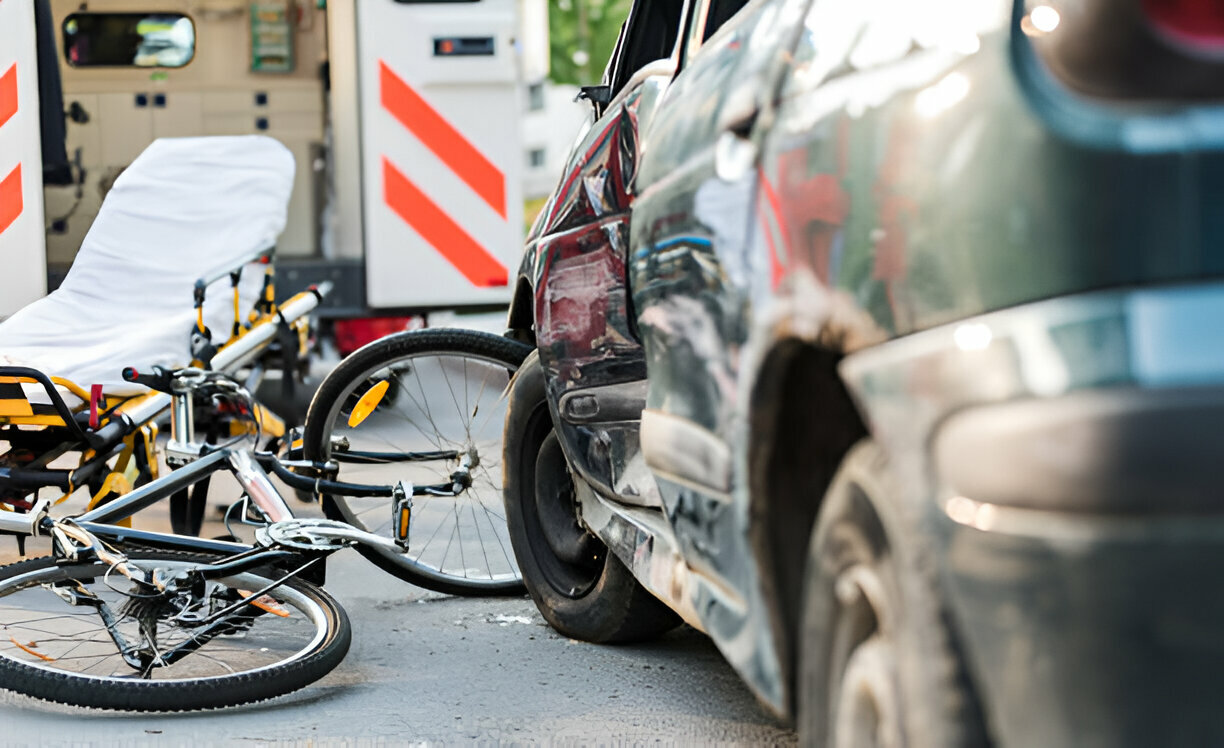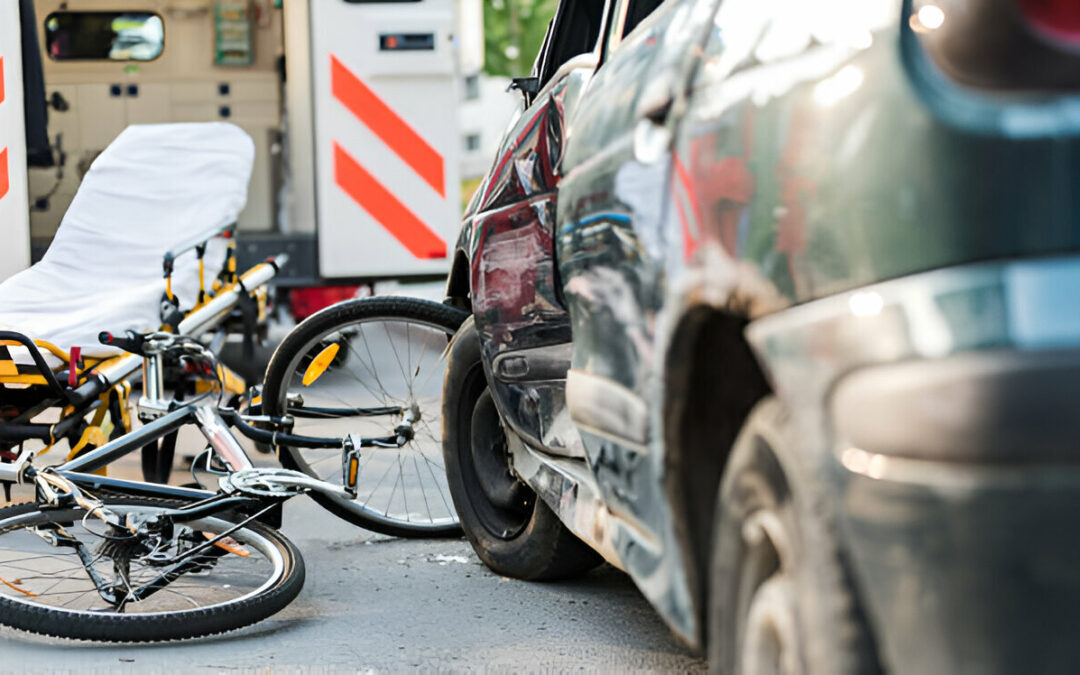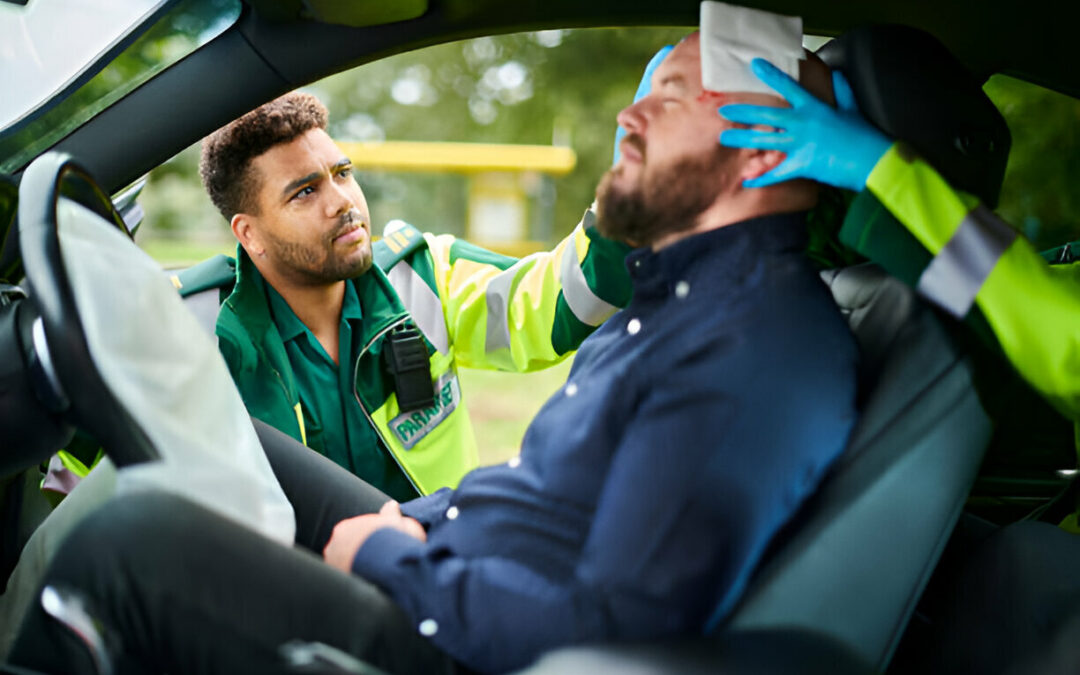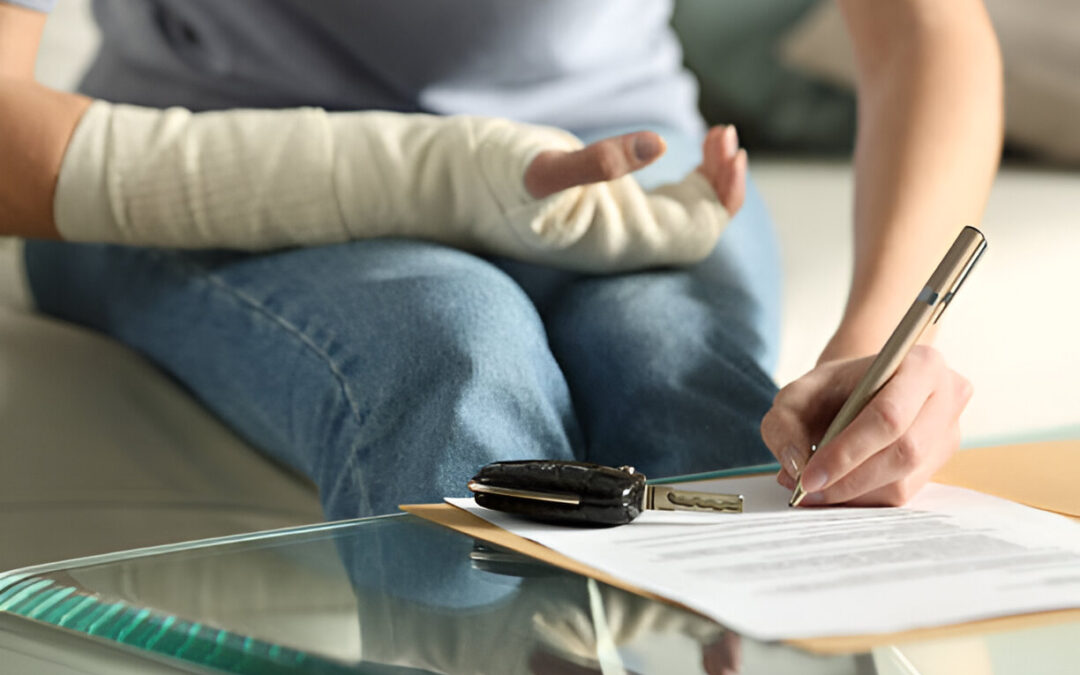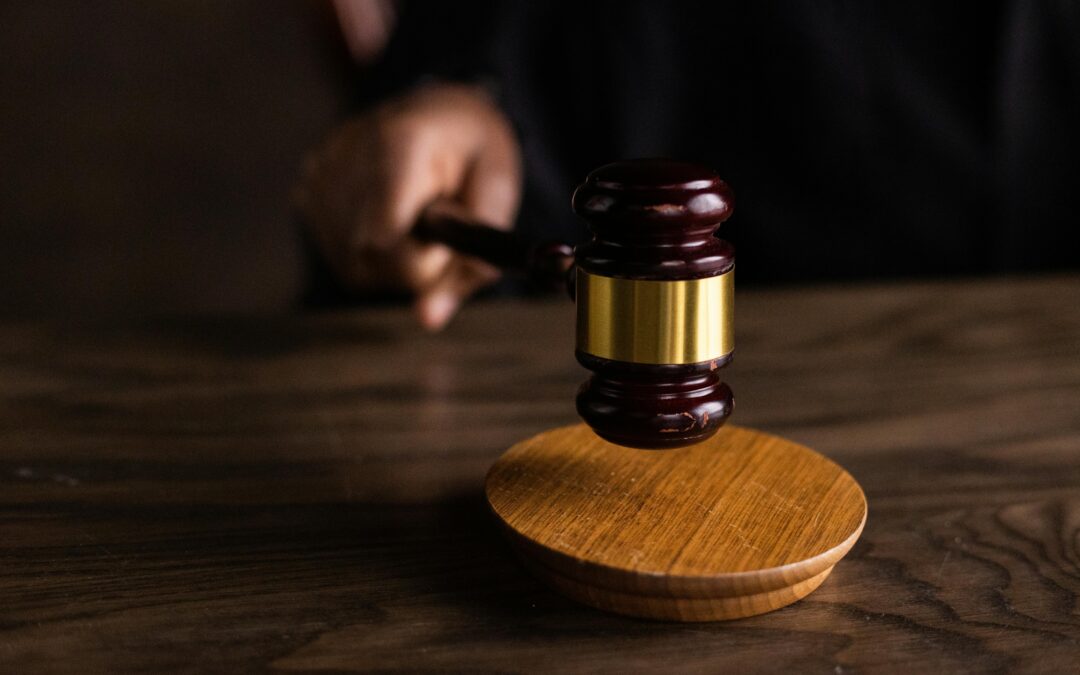In Florida, bicycle accidents are, unfortunately all too common, and the impact of such accidents can be devastating. In fact, the Florida Department of Highway Safety and Motor Vehicles (FLHSMV) has reported over 2,300 bicycle crashes in just the first few months of 2025. Of those, 41 were fatal, and more than 2,191 resulted in injuries. With such staggering numbers, it’s important to understand the laws in place, such as the Florida bicycle helmet law, and how they can affect injury claims.
This blog will explore the crucial role helmets play in protecting riders and how they impact your legal rights after a crash. If you’ve been involved in a bicycle accident, knowing when to contact a bicycle accident lawyer could make all the difference in the outcome of your case.
Why Wearing a Helmet Matters in Bicycle Accidents
In a state like Florida, where cycling is popular and the weather is warm year-round, helmets are essential for protecting yourself in the event of a crash. You might feel safe riding around without a helmet, especially if you’re just running errands or going on a short ride. But head injuries are one of the leading causes of death and long-term disability for cyclists.
According to the American College of Surgeons, wearing a helmet can reduce the risk of:
- Traumatic brain injury (TBI) by 53%
- Head injury by 48%
- Fatal injury by 34%
- Facial injuries by 23%
These statistics aren’t just numbers—they represent real lives and real suffering. A helmet absorbs impact and distributes the force of a crash, significantly reducing the chances of life-threatening injuries. For example, a cyclist without a helmet is three times more likely to suffer a fatal head injury than one who is wearing a helmet.
If you’re riding through Florida’s busy streets, whether on a busy highway or a winding bike path, the risk of an accident is always there. A helmet could make the difference between going home with a few bumps and bruises or facing months of recovery from a traumatic brain injury.
Florida Bicycle Accident Law Claims and Helmet Regulations in Florida
Florida’s bicycle helmet law is somewhat limited in scope, but it’s important to know how it works. Under the law, cyclists under the age of 16 are required to wear a helmet. Once a rider turns 16, however, the law no longer mandates helmet use. That being said, even though wearing a helmet is not legally required for adults, it’s still strongly advised for safety reasons.
- Minors and Helmets
If a minor is involved in a bicycle accident and was not wearing a helmet, their failure to follow the helmet law could negatively impact their injury claim. Florida’s comparative negligence rule means that any failure to take proper safety precautions, such as not wearing a helmet, might reduce the compensation they are entitled to. If a minor was injured more severely because they didn’t wear a helmet, insurance companies and courts may argue that the lack of a helmet contributed to the extent of the injuries.
- Adults and Helmets
For adults over 16, the situation is a little different. Although there is no law requiring helmet use, not wearing one could still play a role in a personal injury case. If an adult rider is injured in a crash, the absence of a helmet might be considered as a factor in determining comparative negligence—meaning that the court could rule the rider was partially at fault for their injuries due to their decision not to wear a helmet.
While not wearing a helmet won’t automatically negate an injury claim for adults, it could influence how a case is evaluated by insurance adjusters and even juries. If the accident results in a serious head injury, the court may view the rider’s decision to forgo a helmet as an act of negligence. This perception can hurt the rider’s case, potentially leading to a lower settlement or compensation amount.
Can Not Wearing a Helmet Hurt Your Injury Claim in Florida?
In Florida, comparative negligence plays a major role in determining how compensation is distributed in personal injury cases. This means that if you are partially at fault for your injuries, your compensation may be reduced based on the percentage of fault you share.
- Contributory Negligence
If you were in an accident and didn’t wear a helmet, the insurance company may argue that you contributed to your injuries by failing to take basic safety precautions. For example, if the crash resulted in a head injury, the insurance company could argue that wearing a helmet would have mitigated the injury. This could be used against you in the settlement process, reducing the overall amount you can claim.
In other words, not wearing a helmet could impact the amount of compensation you’re entitled to receive. In some cases, if the lack of a helmet is seen as a significant contributing factor to the injury, it could result in a reduction of up to 25% or more in compensation.
- Medical Evidence
When it comes to your injury claim, medical evidence plays a critical role. If your injury would have been less severe if you had worn a helmet, medical experts might testify to this in court. For instance, they could argue that your head injury could have been avoided or lessened with the proper protective gear. In such cases, the insurance company might use this argument to reduce your settlement.
Having solid medical documentation and expert testimony will be crucial in establishing the full extent of your injuries and why a helmet might have made a difference. If your injuries were made worse because you chose not to wear a helmet, it could be used to argue that you were partially responsible for the severity of your own injuries.
- Perception of Risk
Both insurance adjusters and juries often view cyclists who don’t wear helmets as taking unnecessary risks. This perception of risk can impact the settlement negotiations or trial outcomes. A jury might view your decision to ride without a helmet as reckless and assign you more fault for your injuries, leading to a lower compensation offer.
Signs It’s Time to Call a Florida Bicycle Accident Lawyer
If you’ve been involved in a bicycle accident and sustained serious injuries, it’s important to know when it’s time to contact a bicycle accident lawyer. Here are a few signs that you should consider speaking to an attorney:
- You’ve Suffered a Serious Injury or Required Hospitalization
If your injuries are serious—whether it’s a head injury, broken bones, or a long-term disability—contacting a lawyer early can ensure that your rights are protected. An experienced lawyer can help gather evidence, consult medical experts, and fight for the compensation you deserve.
- The Insurance Company Is Delaying, Denying, or Undervaluing Your Claim
If the insurance company is offering you a settlement that doesn’t cover your medical expenses or lost wages—or if they’re delaying or denying your claim—it’s time to call a lawyer. A bicycle accident lawyer will advocate for your best interests and work to get you the compensation you need to recover.
- There’s Disagreement Over Who Was at Fault
If there’s any disagreement about who caused the accident or the degree of negligence involved, a lawyer can help sort through the facts, gather evidence, and ensure that your side of the story is heard. In cases where comparative negligence applies, a lawyer can help argue that the other party was primarily at fault, maximizing your chances of receiving fair compensation.
Speak with a Florida Bicycle Accident Attorney Today
If you’ve been in a bicycle accident in Florida, it’s crucial to understand how the Florida bicycle helmet law could affect your claim and what steps you can take to protect your legal rights. Don’t face the aftermath of an accident alone.
Call Pacin Levine today at 1-800-24-7-CRASH (2727) for a free consultation. Let us help you navigate your injury claim and fight for the compensation you deserve.


